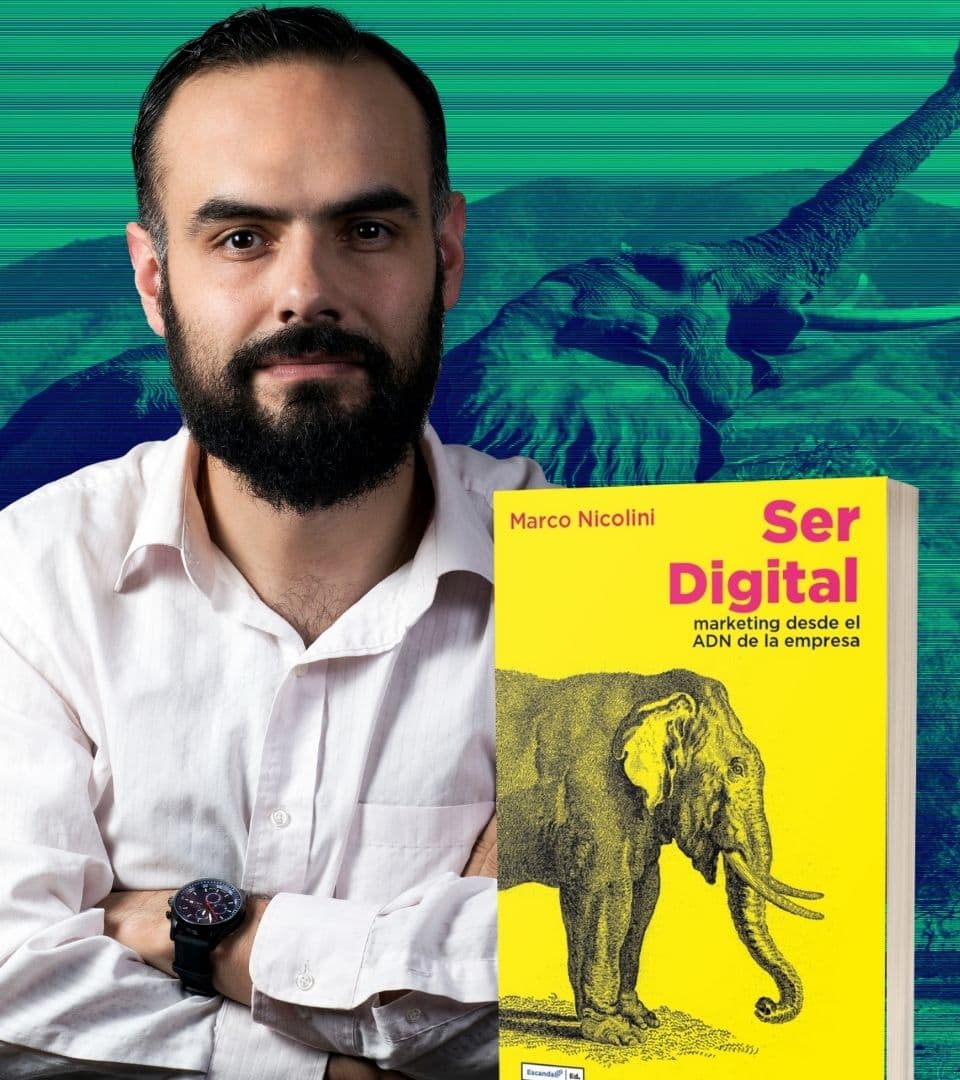In recent years, the curriculum at Yale, Harvard, Berkeley, Princeton, and Tec de Monterrey, among many others, has included a discipline known as Human Flourishing. The aim of this course, taught by professors and specialists, is to prepare students in areas that range beyond pursuing a major that will put them on course for a future of excellence. This is a broader philosophical idea, one which envisions molding well-integrated human beings, and not just graduating students as “intelligence machines.”
In recent years, these so-called “educational meccas” have developed multidisciplinary teams of experts in disciplines ranging from science to philosophy in order to support these types of programs. “The goal is to explore how we can thrive as a species and become more empathetic,” explains Matthew T. Lee, director of empirical research of Human Flourishing at Harvard University, to Forbes magazine.
Harvard even has an index to measure this Human Flourishing. It includes parameters such as happiness and satisfaction, the meaning and purpose of existence, character and virtue, social relationships, physical and emotional health, financial stability, and sometimes the impact of religion or spirituality is also assessed. With an article published by The New York Times in May 2021, you can take the Harvard questionnaire, devised by Tyler J. VanderWeele to measure a person’s overall physical, mental and emotional well-being. This is the material used to fashion the Human Flourishing Index that is employed with these Ivy League students. Here is the link, if you would like to complete the questionnaire: shorturl.at/elBS8
(https://www.nytimes.com/es/interactive/2021/05/05/espanol/floreciendo-languideciendo-test.html)
Human Flourishing is a term popularized by Martin Seligman, a leading figure in the positive psychology movement, in his book Flourish. “He initially posited a theory of Authentic Happiness, which later evolved into his Flourishing proposal,” according to the Medium blog. Tec de Monterrey (Instituto Tecnológico y de Estudios Superiores de Monterrey) conceptualizes the idea as “a value that places the person at the center of all its activities and initiatives.” Other educational institutions have been adapting the concept to their own particular circumstances. But, undoubtedly, the guiding thread is human welfare and the best ways to flourish from that point of view.
Depression, a powerful enemy. In recent years, elite universities have encountered a complex situation related to the psychological problems seen in the new generations of students: one for which there are no easy answers. A report on the mental health of Harvard students released in 2021 states that, “Our research confirms that our students have increasing levels of depression, anxiety, loneliness, and stress.” This gives an indication of why the idea of Human Flourishing has taken on such a prominent role.
At Yale, since cognitive scientist and professor Laurie Santos began teaching her “Psychology and the Good Life” class in 2018 it has become one of the university’s most popular courses. “The first year the class was offered, nearly a quarter of the undergraduate student body enrolled,” a recent article in The New York Times explains. The article goes on to speculate “one can sense something melancholy in the popularity of the course: all these ambitious young people are seeking something they have lost, or never found.” Santos first turned this overcrowded workshop into an online course and later into a popular podcast series called The Happiness Lab, which quickly took the field of happiness advice by storm and has been downloaded more than 64 million times.
According to Human Flourishing specialists, the reasons for these high rates of depression are that elite students have not been taught how to think about what they are being educated for or why it is important to seek wisdom. Tyler J. VanderWeele, a professor of epidemiology and biostatistics, and the director of the Harvard Program, maintains that Human Flourishing is “living a good life.” Although flourishing is often thought of as a state in which all aspects of a person’s life are good, in fact sometimes it is enough that only some aspects are going well for the process to take hold. The good news is that the scientific evidence related to flourishing is solid, and numerous studies have shown that there are simple activities that can lead to a marked improvement in overall well-being. These include such things as gratitude lists; courses on empathy; and working on community projects to change a situation, among many others.
Focus on virtue. There is a very close relationship between Human Flourishing and virtue, an idea much studied by philosophers since the time of Aristotle, and more recently updated by Alasdair Macintyre and the great American philosopher Martha Nussbaum. “Human flourishing has a psychological dimension, an ethical dimension, a community dimension and, last but not least, an environmental or sustainability dimension,” explains Enrique Tamés, Director of Human Flourishing projects at Tecnológico de Monterrey, one of the leading thinkers in the field. This means that people do not achieve virtue by acting alone. Rather they need to focus on communal aspects. It is this sense of belonging to the group, to the community, that will give them the sense of satisfaction they seek. Seneca also offers some keys to flourishing in one of his writings: “There are thinkers who judge that we should ask the liberal arts what makes a good person(…) Do the liberal arts offer us any advantage? Many for other purposes, but none for virtue. So then, why should we educate our children in the liberal arts? Because these arts do not confer virtue, but they do prepare the mind to accept virtue,” as quoted in Nueva Revista. Following along these lines, Human Flourishing mixes disciplines that need to dialogue with one other, such as mathematics and psychology. This is to say, a union of the sciences and liberal arts.
Is happiness fraud or quackery? For the experts who teach these subjects, or who have created related departments at these prestigious universities, it is necessary to completely distinguish “happycracy” or the “dictatorship of happiness” from Human Flourishing. What this discipline is about goes far beyond happiness, as it is a way to empower students to become leaders whose motivation transcends issues of power, personal ego or money. One of the focuses is on the meaning derived from helping the community, while striving to be change agents. That is also a reason why this type of program has been so well received by the corporate world. According to Forbes, Indian professor Raj Sisodia champions companies where care and empathy are paramount. The magazine claims that such companies have been shown to be “more profitable, grow faster, have more loyal customers, more engaged employees and do not spend as much money on advertising.” Companies like Apple, Google, Nike or Ebay have already implemented them.


